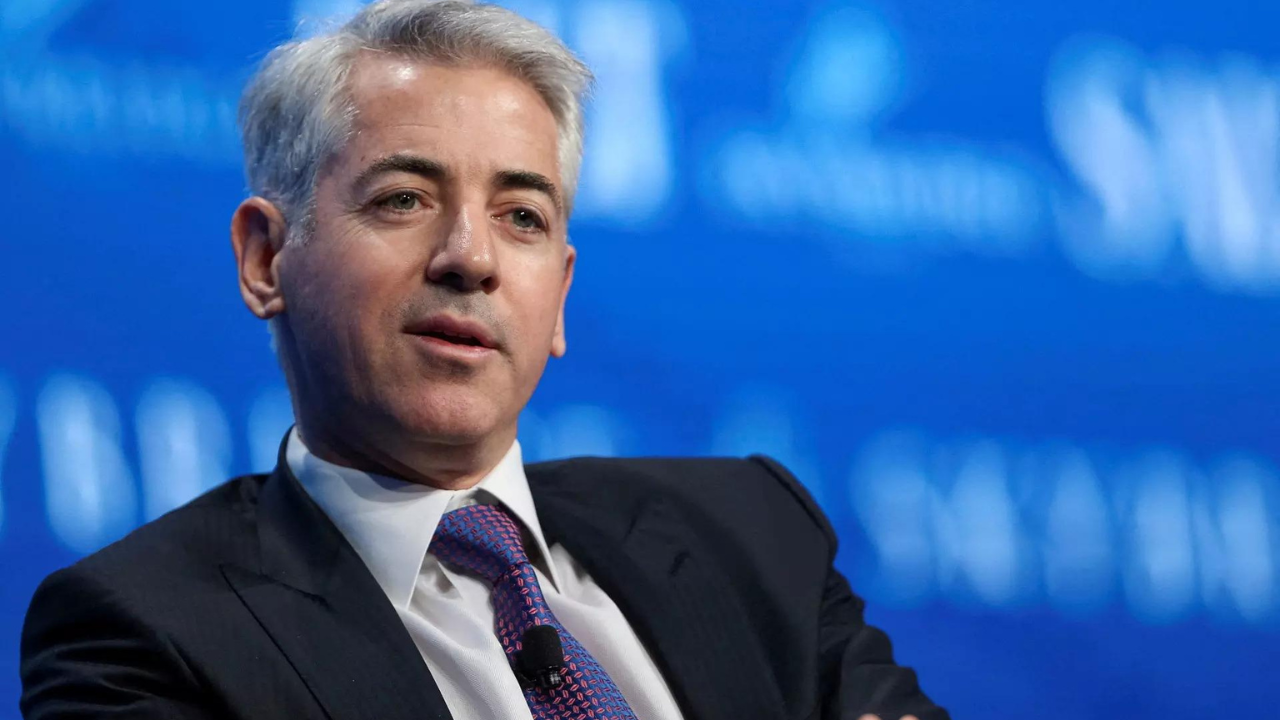Bill Ackman‘s hedge fund Pershing Square Capital Management has covered its bond short position, the billionaire investor posted on Monday, saying it was too risky to remain short bonds at current long-term rates.
Ackman said in August that his hedge fund had placed a bet against US 30-year Treasuries, calling it both a hedge on the impact of higher long-term rates on stocks and a good standalone bet.
Pershing Square Capital Management did not immediately respond to a Reuters request for additional comment.
“The economy is slowing faster than recent data suggests,” Ackman wrote on messaging platform X, formerly known as Twitter.
One of Wall Street’s most voluble investors, Ackman has been using the social media platform to express his opinion on economic policy and presidential politics.
Hedge funds have rapidly built up short positions in US Treasuries futures this year as part of the so-called ‘basis trade’, a leveraged arbitrage play profiting from price differences between cash bonds and futures.
Worries over the US government’s fiscal health, increased debt issuance from Treasury, the Federal Reserve’s ongoing ‘quantitative tightening’ program, stronger-than-expected economic growth and a reassessment of the interest rate outlook have all contributed to the extraordinary bond selloff recently.
Ackman said in August that his hedge fund had placed a bet against US 30-year Treasuries, calling it both a hedge on the impact of higher long-term rates on stocks and a good standalone bet.
Pershing Square Capital Management did not immediately respond to a Reuters request for additional comment.
“The economy is slowing faster than recent data suggests,” Ackman wrote on messaging platform X, formerly known as Twitter.
One of Wall Street’s most voluble investors, Ackman has been using the social media platform to express his opinion on economic policy and presidential politics.
Hedge funds have rapidly built up short positions in US Treasuries futures this year as part of the so-called ‘basis trade’, a leveraged arbitrage play profiting from price differences between cash bonds and futures.
Worries over the US government’s fiscal health, increased debt issuance from Treasury, the Federal Reserve’s ongoing ‘quantitative tightening’ program, stronger-than-expected economic growth and a reassessment of the interest rate outlook have all contributed to the extraordinary bond selloff recently.






